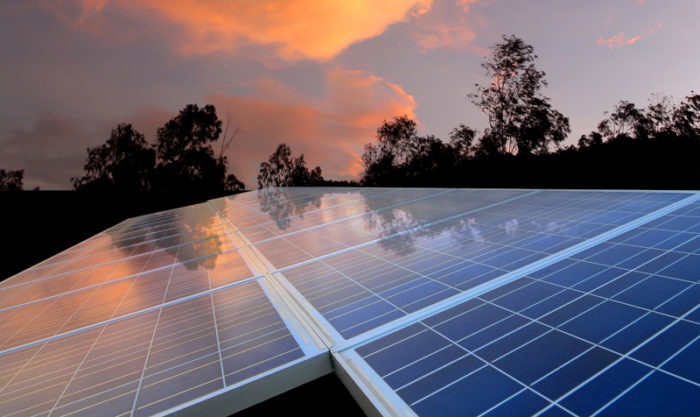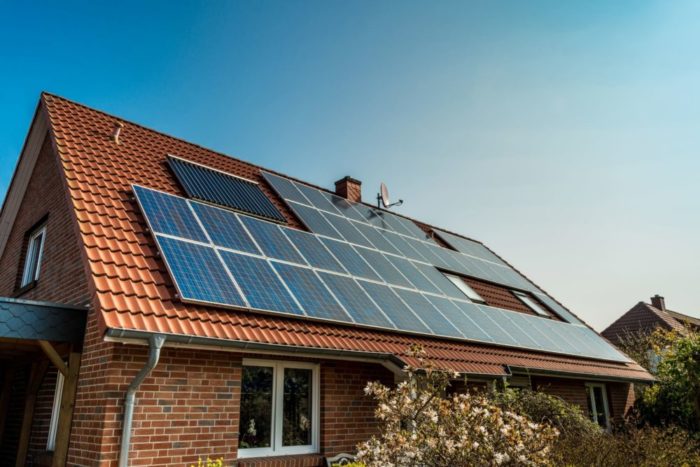If you have been paying attention to the energy market in recent decades, you must have noticed a trend in renewable energy production.
Ranging from wind, tide, and geothermal to solar energy, these alternative methods of obtaining electricity have been researched and engineered so much that they are very common today.
Solar energy and solar panels, in particular, have become so commonplace that the State of California actually passed a law that every newly built house needs to have them pre-installed.
However, as with many other technologies, the question of reliability and durability are often asked. We asked experts at Action Air Conditioning, Heating & Solar how durable solar panels are.

Decades, Not Years
There are countless examples around the world of solar panels producing electricity for decades with little or no degradation to their capacity.
What most people wrongly assume is that solar energy is a fairly new technology and that we cannot know how reliable it will be.
However, solar panels have been around for a long time, and the solar panels produced over 60 years ago are still functional today. Even though there have been many improvements to the technology, like increasing the productivity and reducing the weight over the years, the principle is largely the same.
Is Environment a Factor?
People who live in the areas where it snows a lot and the weather changes drastically over the course of a year are inclined to believe that installing solar panels in their climate is not a good investment because the environmental factors are going to damage the equipment.
While this is a reasonable line of reasoning, the fear is largely unjustified. There have been reports of solar panels working for decades in all kinds of environments with very little impact on productivity.
What’s more, one of the harshest environments we know of –the outer space is perhaps the biggest testament to the durability of solar panels.
All of our electricity produced in the outer space comes from solar panels and they have been operational for decades on both our satellites and on the International Space Station.
Comprehensive Data
However, anecdotal evidence is unreliable at best and can often be colored by the bias of people who invested time and money into solar energy.
The biggest issue most solar skeptics put forward is degradation of productivity. In their eyes, this means that the solar panels will lose productivity over time and not be worth the investment by the end of their useful age.
On the other hand, a very detailed and scientific analysis by the National Renewable Energy Laboratory back in 2012 has found that the degradation of productivity in most solar panels is less than 0.5% a year.
Seeing how most manufacturers promise productivity of over 80% after the 25-year warranty period, this find by the NREL puts those claims firmly in the range of possible and probable.

Maintenance Issues
The last bastion of solar-skepticism is that most people don’t know much about solar panels or their maintenance. Solar energy opposers claim that it can be difficult to maintain solar panels.
However, modern solar panels really don’t need maintenance at all, apart from an occasional cleaning, as long as a reputable solar panel installer sets it up properly.
Certain electrical components such as inverters and connectors may fail before the 25-year warranty period is up, but this typically falls under the warranty or is really cheap and simple for a licensed electrician to replace.
Solar technology is here to stay and it is only going to improve over time. Joining the energy production revolution has never been easier or cheaper, and now you know that solar panels will last for a really long time, there is no need to delay the transition anymore.